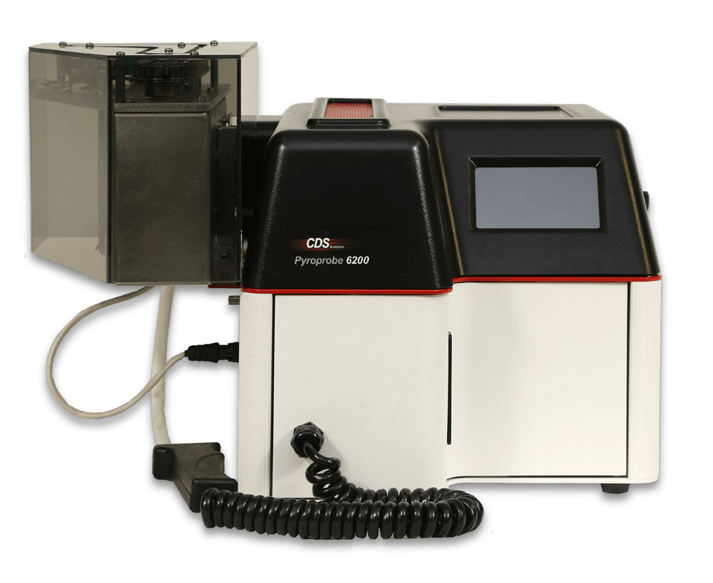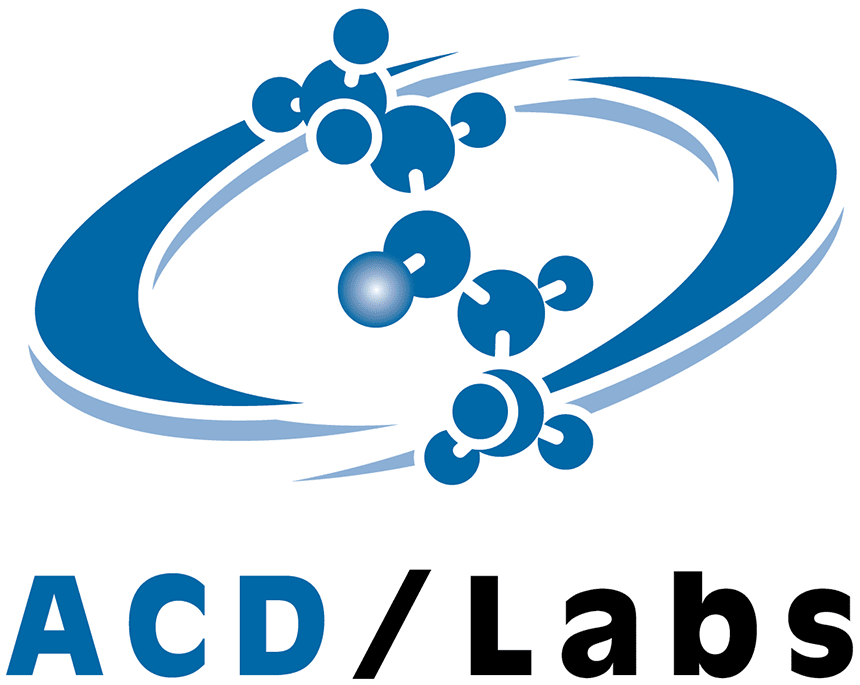

This application note demonstrates quantitative analysis of monomer contamination in a polymer by performing TD-GC-MS.
Acrylic polymers are prepared from acrylate monomers and are widely used in cosmetic and medical products. During the polymerization process, certain level of monomer is left unpolymerized. The exact amount of such residual monomer became an interest of quality control since the sensitive applications could be regulated by the FDA1. Although these QA analysis are frequently done by solvent extraction, thermal analysis offers some distinct advantages. First, it is a green method without solvent to concentrate or dispose. Secondly, since the analysis does not include a large solvent peak, the technique is a sensitive way to identify traces of compounds which might be masked by solvent injection. Finally, larger sample may be analyzed with better homogeneity, as opposed to an aliquot from a solvent extraction.2
While the Pyroprobe’s normal function is to use pyrolysis as a tool to identify polymer materials, it actually offers a full suite of thermal analysis tools including Thermal Desorption, Dynamic Headspace, Photochemistry, Evolved Gas Analysis , Tandem Reactor and even SPME based on the nature of the application. Following the Pyroprobe Application Decision Making Tree3, a piece of polymethyl methacrylate (PMMA) material was analyzed to quantify the residual monomer, which is methyl methacrylate. After an Evolved Gas Analysis screening was performed, a thermal desorber attachment was picked for thermal desorption-GC-MS to calculate the amount of residual monomer in the material.





